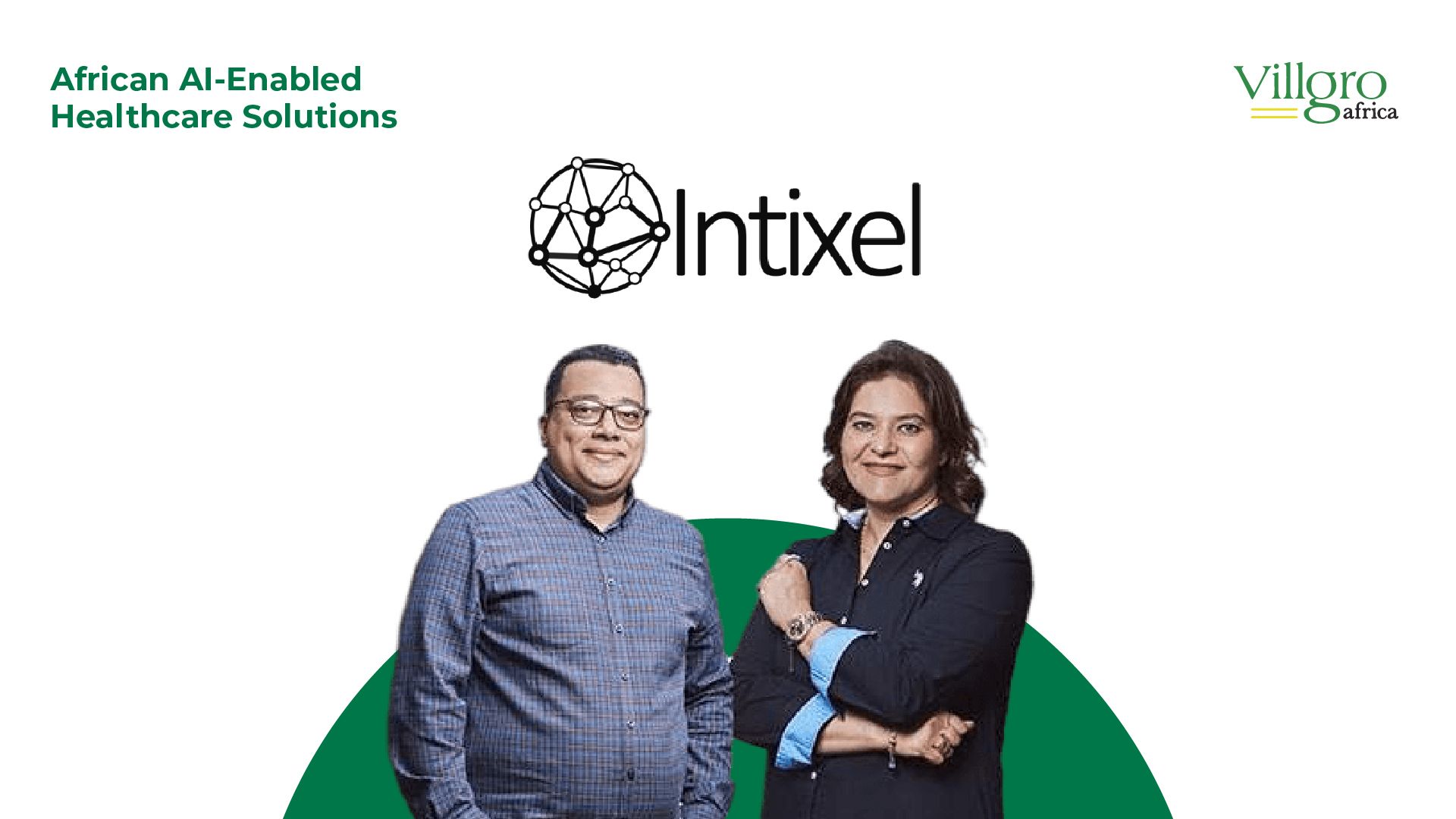
My name is Mustafa Elattar, and I am a biomedical engineer with a PhD from the University of Amsterdam in biomedical engineering and physics. After completing my program, I spent time in the Netherlands at the Cancer Institute in Amsterdam as a postdoctoral fellow, working on radiotherapy and surgical planning using artificial intelligence (AI). This was my introduction to AI. I then returned to Egypt and worked as an associate professor at Nile University.
In 2008, I founded Intixel. Initially, we provided AI development services for other companies’ existing solutions. Over time, we developed our own products, focusing on oncology. We produced AI tools for breast cancer detection and created a several algorithms for chest X-ray imaging to diagnose various diseases. We began our validation process with several Egyptian hospitals, including a specialized breast cancer hospital and an educational hospital.
Our primary target market includes healthcare institutions such as hospitals, clinics, and medical centers specializing in oncology and radiology. This encompasses breast cancer screening and treatment facilities, educational hospitals, and general hospitals that require advanced AI solutions for medical imaging and diagnostics. Additionally, we aim to serve healthcare providers in regions with high patient volumes and limited physician capacity, where our AI tools can significantly enhance workflow efficiency and diagnostic accuracy.
We collaborated with Villgro, which supported our solution through grant funding and technical support, helping us tackle business challenges such as marketing, refining our messaging, working on our pitch deck, and targeting investment opportunities. We’ve achieved significant milestones, including upgrading our hardware essential for AI development and expanding our data to include diverse populations, making our AI more generalisable beyond Egypt.
We are celebrating the success of our clinical validation, where our solution demonstrated excellent accuracy in breast cancer detection with almost zero dropout rate. To clarify, AI powered disease detection errors come in two types: false positives, where a healthy person is mistakenly diagnosed with a disease, and false negatives, where a person with the disease is incorrectly deemed healthy. Our AI team has managed to reduce the false negative rate to nearly zero, which is crucial for screening programs with high patient volumes and limited physician capacity. Our solution efficiently directs healthy individuals to go home, saving physicians’ time. Additionally, we developed a tool called the “AIRA Flag” that flags high-risk or complex cases for more experienced physicians, enhancing workflow efficiency, increasing accuracy, and reducing the dropout rate.
One of our main challenges is the certification process required to market our product. Competing solutions with AI algorithms are often highly funded, and securing such funding/investment in Africa is difficult. Although we have completed clinical validation, a cornerstone for any certification, the process requires substantial investment for further steps.
Another significant challenge is the need for high computational power, such as GPU boxes, essential for developing and deploying advanced AI algorithms. Access to such hardware can be limited and expensive, adding another layer of difficulty in our development process.
We also faced challenges with pricing, which we addressed with the help of Villgro Africa. We have revised our pricing scheme to make it more appealing and suitable for our prospective clients.
Coming from a technical background, it’s easy to believe in the intrinsic value of what we’re doing. However, the client’s needs are paramount. My advice is to engage with your prospective clients, understand their needs, and develop solutions that address those needs directly. Maintain continuous communication with your customers.
The support we’ve received has been substantial in various aspects. Financial assistance has been crucial, enabling us to upgrade our hardware for better AI training and development, which has been a significant tangible benefit. However, the exposure to expertise from the investment team, technical team, and leadership has been equally valuable. Unlike other programs that offer generic advice without understanding our specific data, Villgro has invested time in listening to our problems, understanding the core challenges, and providing tailored solutions that fit our unique situation. We greatly appreciate Villgro’s dedicated and personalised support.